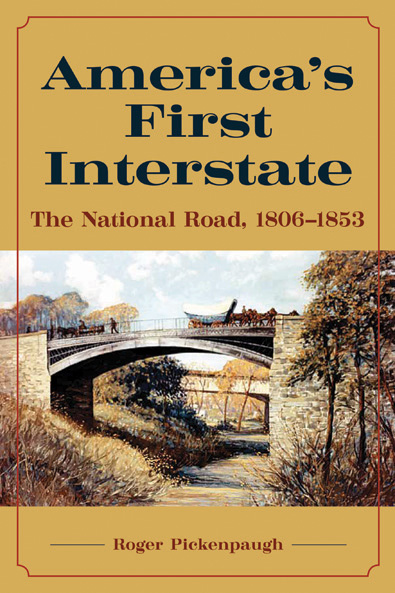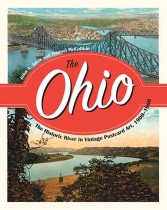America’s First Interstate
The National Road, 1806–1853
U.S. HistoryRoger Pickenpaugh
The National Road was the first major improved highway in the United States built by the federal government. Built between 1811 and 1837, this 620-mile road connected the Potomac and Ohio Rivers and was the main avenue to the West. Roger Pickenpaugh’s comprehensive account is based on detailed archival research into documents that few scholars have examined, including sources from the National Archives, and details the promotion, construction, and use of this crucially important thoroughfare.
America’s First Interstate looks at the road from the perspective of westward expansion, stagecoach travel, freight hauling, livestock herding, and politics of construction as the project goes through changing presidential administrations. Pickenpaugh also describes how states assumed control of the road once the US government chose to abandon it, including the charging of tolls. His data-mining approach—revealing technical details, contracting procedures, lawsuits, charges and countercharges, local accounts of travel, and services along the road—provides a wealth of information for scholars to more critically consider the cultural and historical context of the Road’s construction and use.
While most of America’s First Interstate covers the early days during the era of stagecoach and wagon traffic, the story continues to the decline of the road as railroads became prominent, its rebirth as US Route 40 during the automobile age, and its status in the present day.





